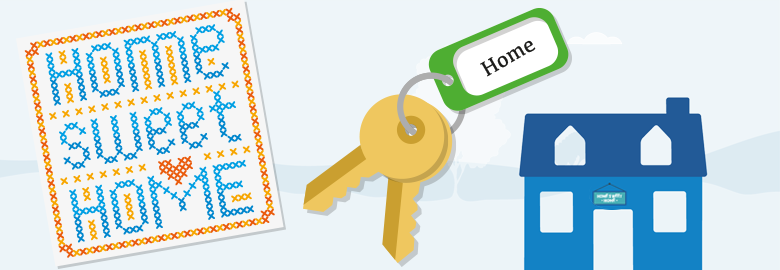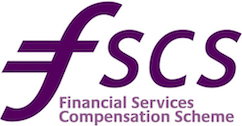Now is a good time to be looking for your first home. First-time buyers have been helped by the recent stamp duty tax breaks and savings schemes like the Lifetime ISA.
Your mortgage is likely to be the biggest financial commitment you will ever make and as the number of mortgages on the market is vast it can seem overwhelming at first.
Working in the police service can also mean you don’t have much spare time, so start researching your mortgage options well in advance of finding your dream property. Find out which mortgages will meet your needs and make sure you are in the best position to get a good deal. Here our top tips to find a mortgage deal to suit you:
Check how much can you afford
It is really important not to overstretch your finances by taking on a bigger mortgage than you can afford. But it’s not just about how much you earn. Mortgage lenders will want to look at your income (and your partner’s if you are joint applicants) as well as your outgoings to decide if you can afford repayments. You can expect to be asked questions about:
- Essential bills including Council Tax, utilities, insurance and travel expenses
- Lifestyle costs like eating out, holidays, clothing, health and beauty
- Debts and any outstanding loans including credit card bills
So start your research by investigating how much you can afford. A good start is the affordability calculator provided by the Money Advice Service.
Save your deposit
The biggest hurdle for first-time buyers is the deposit. Typically mortgage lenders are looking for at least ten per cent. Although there are some deals for five per cent but the interest rates will be higher with smaller deposits. The general rule is the more deposit you have, the lower the interest rate. So raising the extra deposit can really pay off. If you are saving for a deposit see our Lifetime ISA.
The amount you save for your deposit will affect the “Loan to Value” or LTV.
Save for associated Fees and Costs
As well as the deposit, you’ll need to start saving for the upfront fees and costs. This can include:
- Stamp duty (first-time buyers are entitled to relief for the first £300,000 of Stamp Duty on properties up to a value of £500,000)
- Valuation fees
- Legal fees
- Survey fees
- Land Registry fees
Some mortgage deals come with packages designed specifically to help first-time buyers where fees are reduced or waived so it’s worth shopping around.
Check your credit rating
Even if you’re not thinking of getting a mortgage immediately, you should check your credit rating. The better your rating the more likely you are to get approved for a mortgage and the more options you will have when you look for a deal. Make sure you check for errors and fix them as soon as possible. If you need help see our tips on How to Improve your Credit Rating.
Consider how you will repay your mortgage
In broad terms, mortgages are either capital repayment or interest-only.
A repayment mortgage is where you pay off the interest and the capital. At the end of the mortgage term typically 25 years you will have paid off your mortgage will therefore own your home.
Interest-only deals are becoming increasingly difficult to find, particularly for first-time buyers but as you probably guessed, it is where you only pay off the interest on your mortgage. You will obviously have lower monthly payments but make sure you have plans in place that will enable you to pay off the outstanding balance on the mortgage in full at the end of the term.
Choose the type of mortgage you want
You will need to decide what type of interest rate suits your needs best. Essentially the choice is variable (the most common example of a variable rate is a tracker, these may change from month to month) or fixed (which will not change for a set period of time, typically between two or five years). Choosing between a variable rate or a fixed rate will largely depend on how you feel about risk. If you feel happier knowing exactly how much you will be paying every month you may be better with a fixed rate. But always check what charges are applied if you have to leave your rate early.
Remember that finding the right mortgage is more than just getting the lowest interest rate. Mortgages with the lowest rates can carry big arrangement fees. Other deals might carry smaller or no fees or offer help with other costs like valuation fees or give cashback. So it is worth making sure you check all the associated fees and features with each mortgage deal.
Mortgage Advice
If you are uncertain about the best mortgage deal you might want to seek the help of a mortgage broker or independent financial adviser (IFA). If you do decide to go down this path, think about choosing an independent adviser who looks at the whole mortgage market; some advisers only have access to specific lenders.
They should also let you know if they’ll charge you a fee or receive commission from the lender.
Applying for a mortgage
Before you apply for a mortgage get all your paperwork in order. Have all the details and figures to hand. If you apply directly to the lender or arrange it with a mortgage adviser the meeting or call can take up to two hours. Then you should expect an offer within two to four weeks provided you have sent in all the relevant information/documentation. Once you have your offer, double check all the details to make sure you are happy that it is the right deal for you.
Finding your first mortgage can seem like a daunting process. For more tips on buying your first property download our First-time Home Buyers Checklist.











